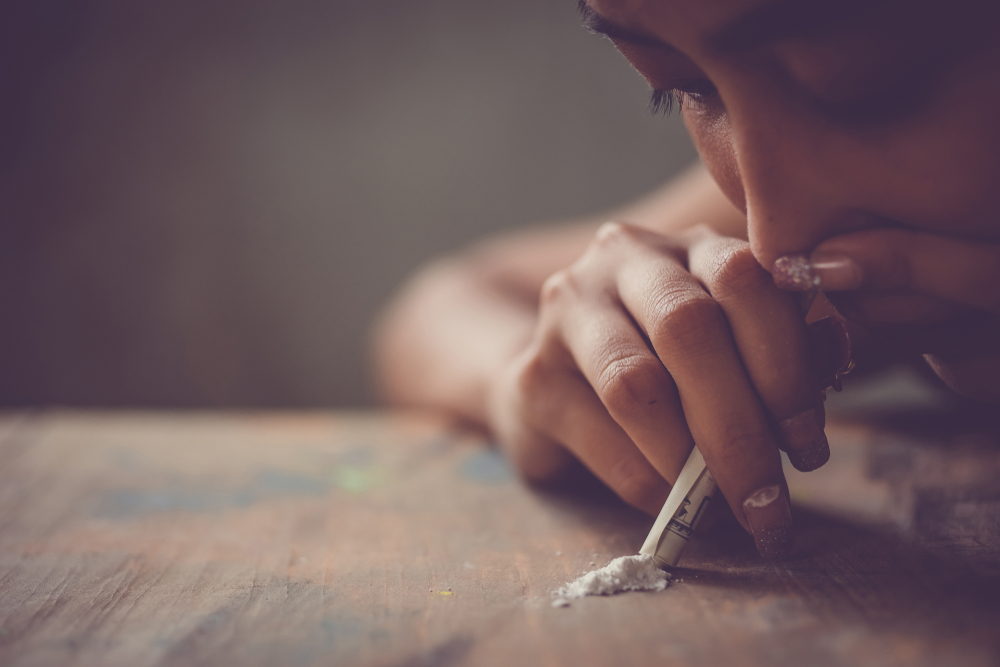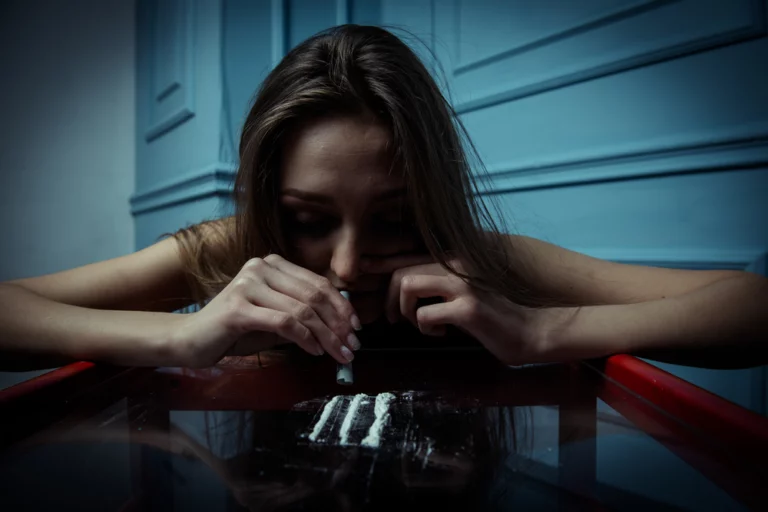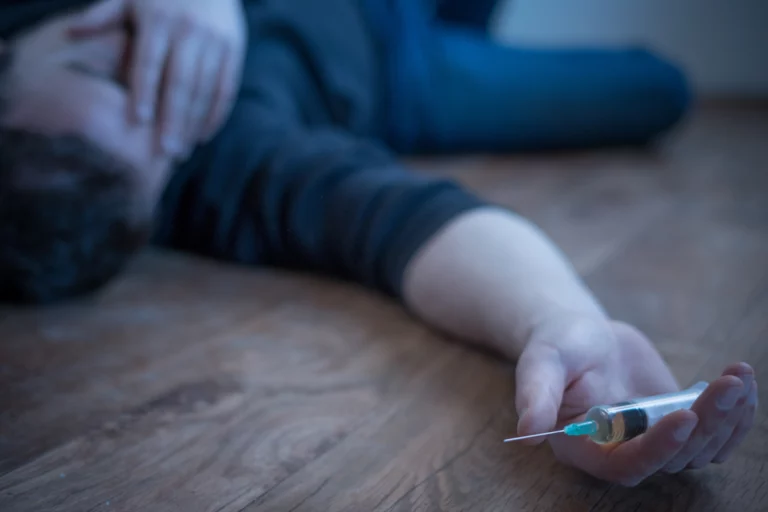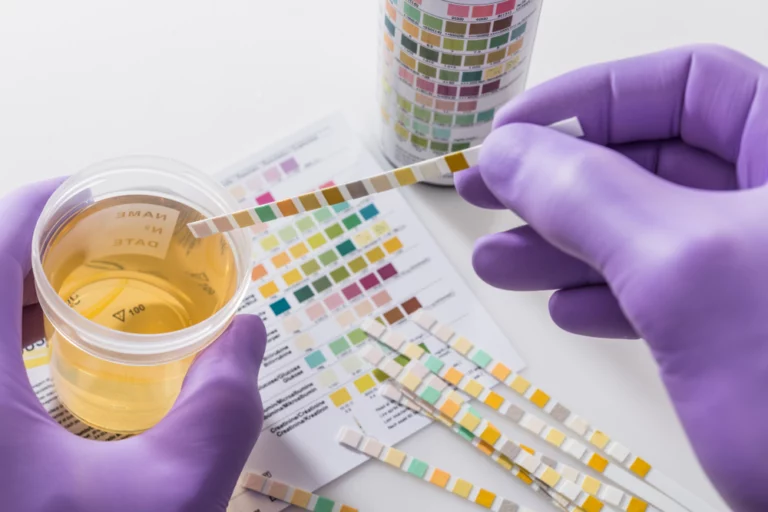Can You Survive a Cocaine Overdose? Here’s What to Know
Cocaine overdose is a very real, very serious problem. As one of the world’s most notorious substances, cocaine is a potent and addictive stimulant drug. In the United States, cocaine accounted for 19% of all overdose deaths in 2017. Arrhythmias and cardiac arrest are frequent in cocaine overdoses. For family and friends of cocaine users, it is essential to recognize the signs of an overdose and know how to treat an overdose as quickly as possible, as it may be lethal. The following information describes the symptoms, signs, and treatment methods for a cocaine overdose.
You can survive a cocaine overdose but it must be treated early on. Once overdose signs have been recognized, medical attention is immediately required in order to treat the symptoms, otherwise, it may be too late.
What Causes Cocaine Overdose?
An overdose of cocaine occurs when someone takes excessive amounts of the drug, and their system can’t process it. When the body is exposed to toxic amounts of cocaine, adverse outcomes are triggered. Furthermore, mixing cocaine with another substance can result in cocaine toxicity. The amount of cocaine someone ingests isn’t the only factor that determines whether someone overdoses.
A person can overdose on cocaine after just a few hundred milligrams of it is snorted, while another may ingest a few grams and not overdose. The risk of overdose from cocaine is extremely unpredictable. In addition, since cocaine is produced on the street, its potency is subject to wide variance. Cocaine may also be mixed with heroin or fentanyl, leading to an increased risk of overdose. The potency of a given gram of cocaine can vary significantly from supplier to supplier, which makes it very dangerous.
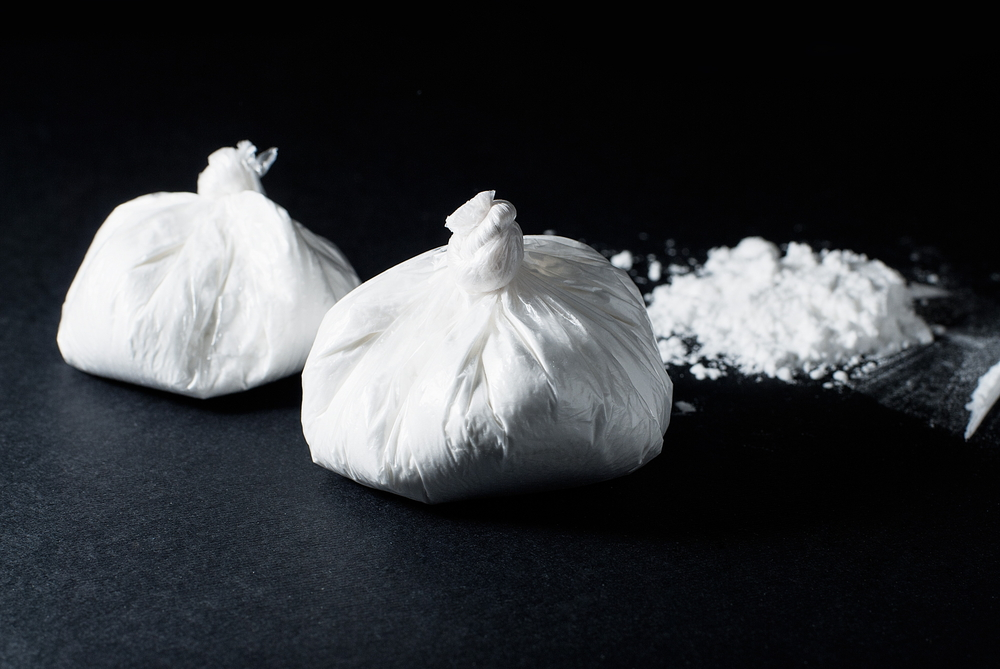
Cocaine Overdose vs. Cocaine Toxicity
Toxicity, which refers to how toxic or harmful a substance is, occurs when someone has ingested too much cocaine. Overdose and toxicity have similar signs and both result from cocaine accumulation in the bloodstream. However, toxicity typically refers to a slow build of cocaine in the bloodstream whereas overdose is a rapid onset of fatal symptoms that occurs once someone has taken too much of the drug within a short timeframe.
How Much Cocaine Does it Take to Overdose?
It is impossible to determine the amount of cocaine that will cause an overdose because there is no regulation. You may be exposed to a wide range of substances when you use cocaine. Testing reveals that cocaine may contain anything from baking powder to fentanyl so there is no way to be certain that you are taking a ‘safe’ quantity. An individual’s personal risk factors for overdose, such as poor kidney health, low weight, etc. make it even more difficult to estimate an overdose amount.
Factors that Affect the Likelihood of Cocaine Overdose
There is no amount of cocaine that is safe to consume, and there is no guarantee you will not overdose. However, several factors can affect the likelihood of an overdose occurring or being avoided. These factors are listed below.
Gender
Men are statistically at a greater risk of overdosing because they are more likely to abuse drugs or become addicted.
Age at First Use
People who begin using cocaine at a young age are more likely to develop an addiction, which increases the risk of overdose.
Drug Use History
People who have used drugs in the past may have built up a tolerance and become accustomed to taking higher doses, which may have led them to take higher doses of cocaine, therefore increasing the risk of overdose.
Weight
People who are overweight may need higher amounts of cocaine to experience the high it produces, which could result in an increased risk of overdose.
Polysubstance Use
The body can only process a limited amount of toxic substances at one time, so mixing substances increases a person’s risk for drug overdose significantly.
Symptoms of a Cocaine Overdose
An overdose of cocaine can occur rapidly and require urgent medical care. Because of the risk of accidental overdose resulting in death, which is caused by a variety of problems including heart attacks, seizures, and strokes, cocaine is one of the most dangerous stimulants available and recognizing the behavioral and physical symptoms of an overdose might save a life. The following are signs of a cocaine overdose:
Behavioral Signs
When you consume too much cocaine, you may become paranoid, and agitated, and see things that are not there. This condition is known as cocaine-induced psychosis. When an individual who has used cocaine becomes agitated or violent, it should be considered an indication of a cocaine overdose.
Physical Signs
Cocaine abuse damages your central nervous system, and a seizure or complete collapse may be the first physical sign of an overdose. Other physical signs include:
- High blood pressure
- Increased heart rate
- Chest pain
- Aggression
- Increased core body temperature
- Dizziness
- Dilated pupils
- Headache
- Paranoia
- Shakiness
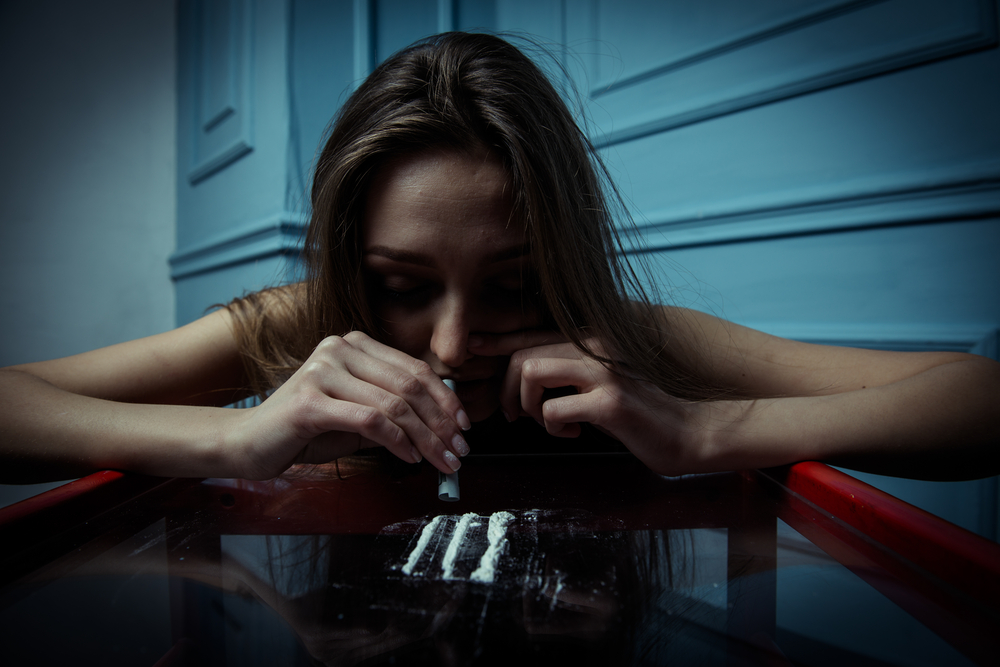
Dangers of a Cocaine Overdose
The gastrointestinal tract and heart rhythm are severely impacted when someone takes a large dose of cocaine, increasing the risk of heart attacks. Severe neurological dangers, such as intense headaches, comas, and seizures, may also result from cocaine use. Additionally, cocaine may upset the gastrointestinal tract and cause severe nausea, vomiting, and dehydration.
People who are addicted to cocaine may also combine the drug with other substances in an effort to experience a powerful and long-lasting high. When someone mixes cocaine with alcohol, the cardiovascular systems and organs are jeopardized, particularly when someone mixes cocaine with alcohol. These two substances have opposite effects on the body, and each one increases the other’s impact to dangerous levels.
Long-term cocaine abuse can cause serious brain damage such as cerebral bleeding. In addition to harming the brain, cocaine addiction may also cause permanent memory loss, poor decision-making, and motor problems.
What to Do in the Event of a Cocaine Overdose
It is crucial to seek immediate medical attention if you or a loved one shows the first signs of a cocaine overdose. If you notice any changes, inform emergency staff so they know what to expect. Do not leave the person alone. If the person begins to vomit, roll him or her on their side.
The first step in the emergency room is to stabilize the patient. If the patient is conscious and acting erratically, they will require sedation and restraint to ensure their own safety. The patient’s condition will determine what medical treatment is necessary. If the heart is functioning and the patient is having a seizure, the seizure will be treated first to prevent brain injury.
Treatment for Cocaine Addiction
Although cocaine is a dangerous and addictive drug, appropriate treatment can help people recover from addiction. Family, friends, and professionals all play an important role in supporting people who are addicted to cocaine as they undergo detox and receive intensive treatment.
Detox
Withdrawal from cocaine is monitored by medical professionals during medically supervised detox to ensure the patient’s safety and comfort throughout early recovery. Currently, no medications are specifically authorized for cocaine withdrawal or treatment, but certain medications may be utilized to help with troublesome withdrawal symptoms such as insomnia during medical detoxification. In withdrawal, people with cocaine addictions frequently benefit from resting, exercising, and maintaining a healthy diet. Withdrawal symptoms are often treated with antidepressants and additional psychiatric care if the individual has severe or persistent depression.
Rehabilitation
According to the National Institute on Drug Abuse (NIDA), long-term cocaine addiction rehab programs lasting 90 days or longer result in more favorable treatment outcomes. There are many different kinds of cocaine addiction rehab centers that provide 30- and 60-day treatment programs, but long-term rehab programs that maintain individuals’ sobriety after detox, provide learning and development opportunities for life skills and coping strategies, and utilize therapeutic procedures to address the causes of addiction are the most successful.
During this period, behavioral therapy, 12-step programs, educational talks, and other evidence-based therapies are frequently used. The main goal of cocaine rehab is to modify and alter damaging behavior that has contributed to the client’s addiction as well as to provide relapse prevention strategies to prevent future cocaine use. Addiction treatment experts such as counselors, therapists, recovery experts, medical professionals, and peers in recovery are among those that clients work with during rehab. In addition to establishing a recovery support network, clients also have the chance to work with a wide range of individuals in order to assist them in early recovery.

Continued Care
Sober Living
After rehab, individuals may ease into independent living in these drug- and alcohol-free group homes. In these gender-specific, group homes, individuals must remain sober and follow community regulations, rehab requirements, and regular drug and alcohol testing. In addition to outpatient programs and AA or NA meetings, peer-guided sober living programs may be provided to assist the person in maintaining sobriety over time. Personal monitoring, employment, and education assistance, as well as peer-guided sober living programs may be provided in addition to outpatient programs and AA or NA meetings.
Aftercare
Those recovering from cocaine addiction may participate in aftercare programs, which are weekly check-ins designed to assist rehab graduates in maintaining sobriety. Recovering from cocaine addiction is a lifelong process that demands daily effort to maintain continuous sobriety. Aftercare programs are provided for rehab graduates who desire continued support in their sobriety. Group sessions are led by licensed therapists and assist those early in their sobriety with continuous obstacles.
Cocaine Addiction Treatment at Durable Recovery
While it is possible to survive a cocaine overdose, seeking professional help and considering treatment if you or a loved one is suffering from cocaine addiction is vital. With decades of combined experience treating addiction disorders, the professionals at Durable Recovery can help you confront your cocaine abuse and begin to heal. Please contact us for more information about our addiction treatments or any of our other services. It’s time to take back your life, and we can help you do it.


